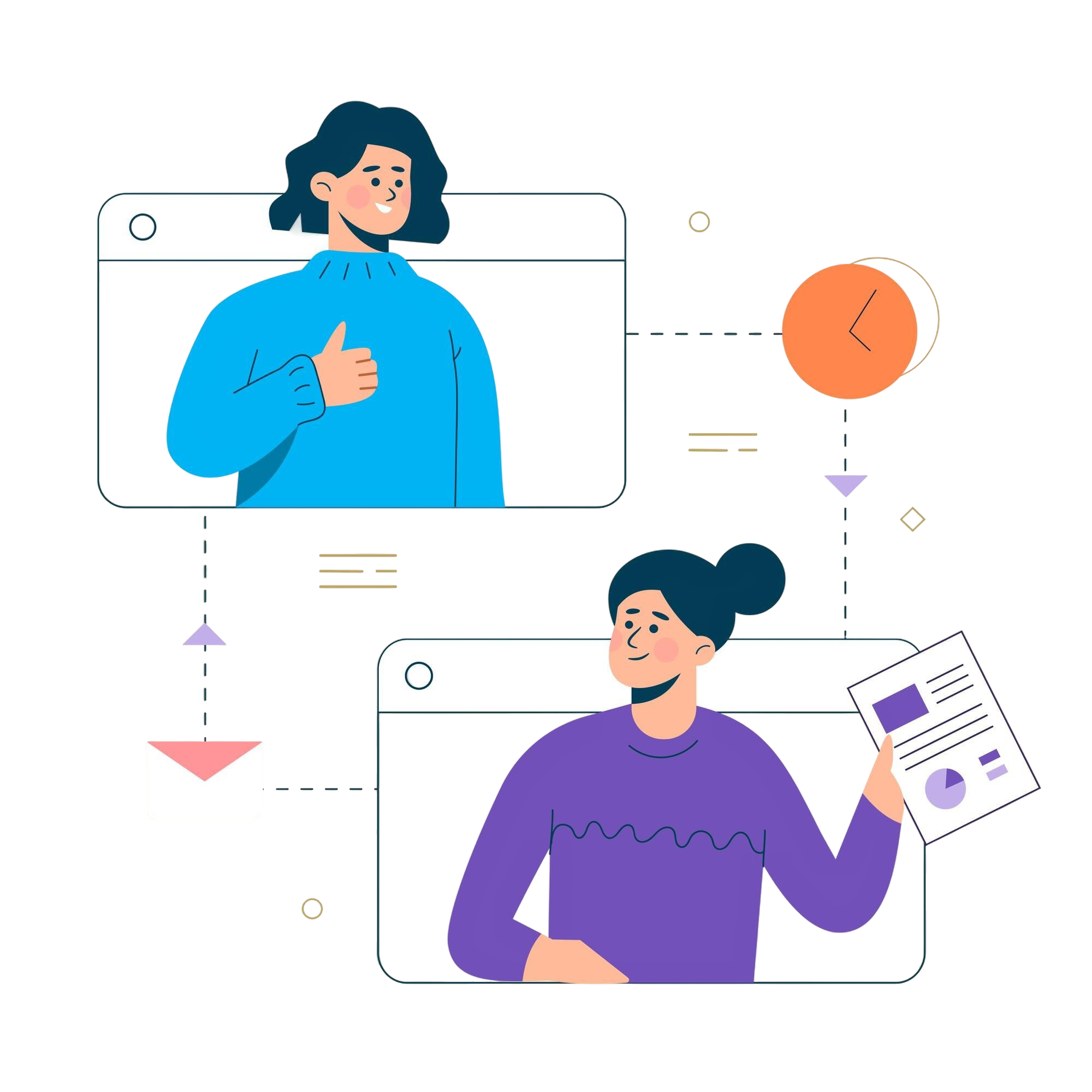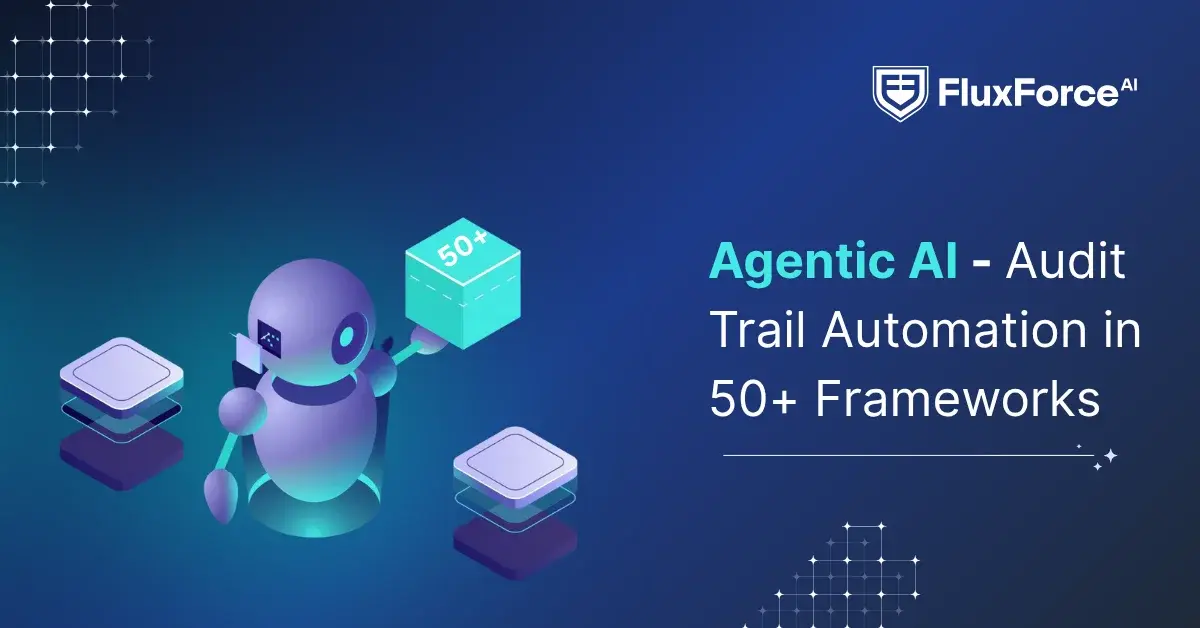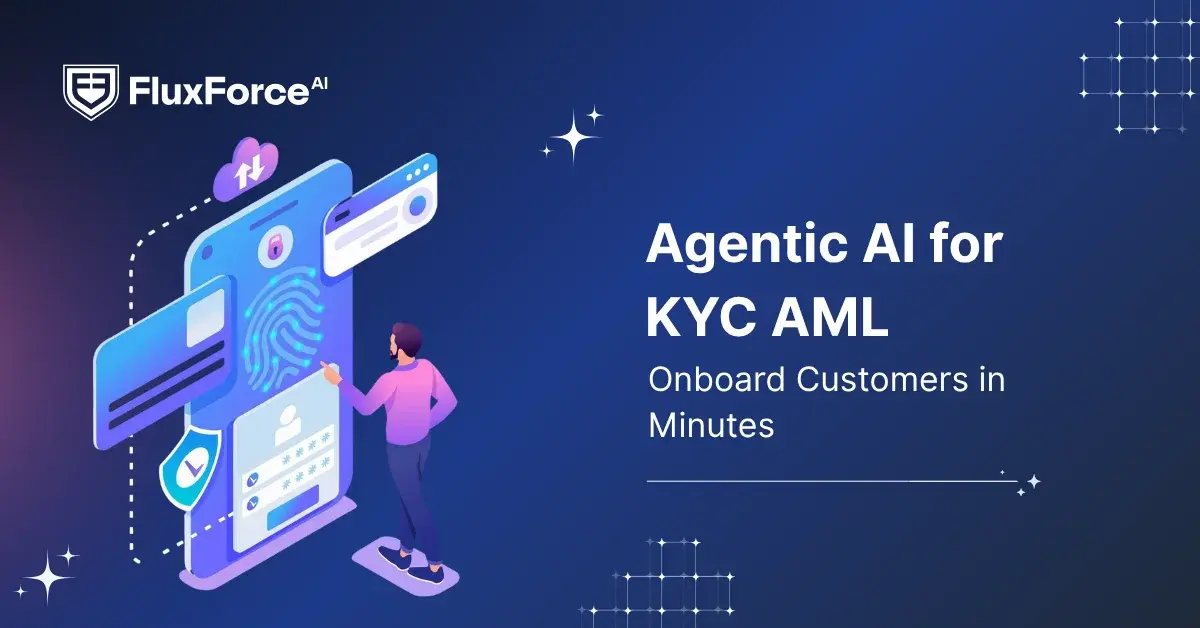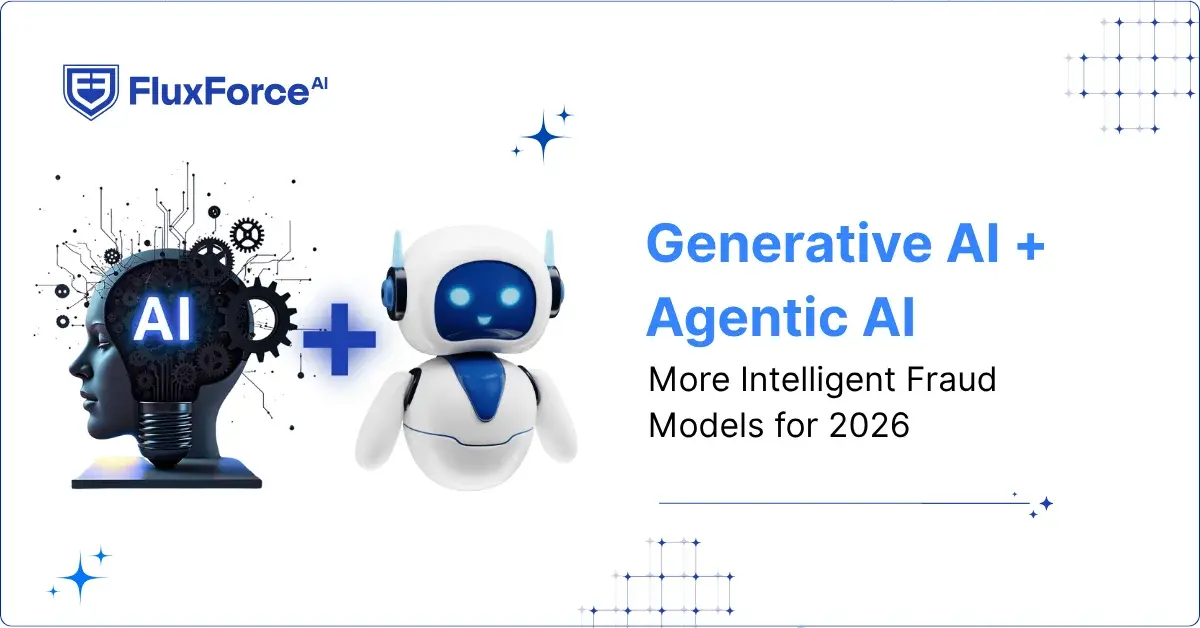Listen To Our Podcast🎧

Did you know that over 62% of enterprise audits are failing their compliance checks not because of missing data, but because of inconsistent audit trails?
The quiet gap isn’t about new regulations. It lies in how audit trails adjust to dozens of compliance frameworks at once. Many audit leaders now ask a direct question: “Can our current systems explain every automated decision made by AI models across 50+ compliance frameworks in real time?”
The short answer is no.
Traditional audit automation platforms still rely on rule-based logs that can’t learn from context. When frameworks such as ISO 27001, SOC 2, HIPAA, GDPR, and PCI DSS update at different frequencies, the audit AI software running on static templates falls short. It flags gaps instead of fixing them.
That’s where Agentic AI enters the stage — not as another layer of AI auditing, but as an intelligent ecosystem that acts instead of reacts. It runs continuous checks, interprets regulatory intent, and creates adaptive audit trails that can explain themselves. Unlike scripted automated audit tools, it builds logic through experience, mapping every compliance decision to verified sources.
Business heads who once viewed AI audit software as automation are now treating it as strategy. As AI in accounting and auditing expands beyond finance, the same mechanisms power automation audit and auditing automation in cybersecurity, ESG, and operational assurance. Each department becomes its own audit node, feeding data into a network that Agentic AI monitors in real time.
The shift is letting AI for auditing drive compliance intelligence. Enterprises using artificial intelligence audit frameworks now train agents to interpret anomalies across distributed environments instead of waiting for manual sign-offs.
Why Traditional Systems Fail in Multi-Framework Environments
Even advanced audit systems struggle across 50+ frameworks. Static AI log analysis and manual review processes, where logs should be reviewed, create bottlenecks and increase the risk of errors.

Traditional AI auditing platforms check rules in isolation but cannot link events or predict conflicts across ISO 27001, SOC 2, HIPAA, GDPR, PCI DSS, NIST, and other regulations.
Agentic AI changes this by creating adaptive audit trails. AI audit software continuously connects logs, traces actions, and ensures artificial intelligence in auditing is accountable. Enterprises using ai for auditing report faster cycles and consistent compliance.
McKinsey 2025 notes learning-based tools can re-verify 92% of logs without human intervention, making automation audit truly scalable.
Now the real question for leaders: Can your systems provide audit trail clarity across every framework in real time? Here we will explore how Agentic AI builds contextual intelligence to achieve this.
How Agentic AI builds contextual intelligence
In complex enterprises, compliance is no longer about collecting logs — it’s about understanding them in context. Traditional systems record events but cannot explain interdependencies between 50+ frameworks. This creates gaps that slow approvals and increase regulatory risk.

Agentic AI addresses this by building contextual intelligence into every audit trail. It evaluates patterns, links events across departments, and adapts as frameworks evolve. For business leaders, this means AI-driven decisions can be justified instantly during audits, boosting confidence in AI auditing outputs.
Predicting compliance conflicts before they occur
Imagine a transaction subject to SOC 2, ISO 27001, and PCI DSS controls simultaneously. Agentic AI cross-references rules, detects potential conflicts, and generates an intelligent log that anticipates exceptions. Unlike conventional automated auditing, which flags issues for later human review, this system reduces manual reconciliation and strengthens AI for auditing effectiveness.
Moreover, automation audit processes powered by Agentic AI allow a single action to satisfy multiple frameworks. AI audit software maintains a clear, auditable path, ensuring artificial intelligence in auditing is accountable and provides actionable insights for operational and risk decisions. Enterprises adopting this approach report faster certification cycles and improved regulatory confidence.

Shaping the Future of AI in Finance
Fluxforce research uncovers how banks and enterprises are adapting to fraud, compliance, and data challenges in 2025.
How Agentic AI Improves Governance Across 50+ Frameworks
Most audit tools record events, but executives still face one question: Which gaps actually matter? Agentic AI goes beyond tracking by assigning dynamic risk scores across 50+ frameworks. A minor misconfiguration in one system doesn’t trigger alerts unnecessarily, while high-impact failures under HIPAA or PCI DSS get instant attention.
.webp?width=1200&height=800&name=How%20Agentic%20AI%20builds%20contextual%20intelligence%20(2).webp)
Actionable Insight Mid-Section
Using automated evidence collection with AI, Agentic AI generates auditor-ready summaries that highlight risk trends instead of raw logs. Boards and compliance teams can now see where to act first, not just what happened. Integrating with ERP and reporting systems, secure AI audit frameworks provide real-time visibility without human bottlenecks.
With AI for auditing, companies reduce wasted audit hours, focus on critical exposures, and turn compliance into strategic decision intelligence, rather than a reactive exercise.
Enterprise Outcomes from Agentic AI Audit Automation
Implementing Agentic AI across 50+ frameworks goes beyond compliance — it delivers measurable business value. Enterprises report faster audit cycle times, fewer regulatory exceptions, and improved accuracy in AI in accounting and auditing processes.
From Audit Logs to Business Impact
By automating routine checks and prioritizing high-risk events, automated audit processes reduce manual rework and free teams to focus on strategic tasks. CFOs and audit leaders using AI audit software note reductions in audit costs and more reliable reporting. For example, Deloitte 2025 found enterprises using AI-driven audits cut compliance gaps by 30% while reducing time spent on reconciliation by nearly 40%.
Additionally, AI for auditing provides actionable insights for decision-making. Executives can monitor which departments or workflows carry the highest compliance exposure and allocate resources efficiently. Artificial intelligence in auditing transforms audit trails into a tool for operational and strategic planning, rather than just documentation.
Organizations integrating automate audit solutions see immediate ROI: streamlined reporting, reduced risk, and stronger confidence in multi-framework compliance.
Onboard Customers in Seconds

Conclusion
By 2026, enterprises will no longer measure audits by completion alone. The focus will be on continuous compliance, risk insight, and decision intelligence. Agentic AI enables organizations to maintain secure AI audit frameworks across 50+ frameworks, turning audit trails into actionable intelligence rather than static records.
Organizations leveraging AI audit software, and automated audit processes will gain faster regulatory readiness, reduced compliance gaps, and measurable ROI. AI for auditing ensures that decisions made by AI models are transparent, accountable, and auditable in real time.
The strategic takeaway for business leaders: adopting Agentic AI today positions enterprises to reduce risk, optimize resources, and achieve operational efficiency — all while preparing for the evolving regulatory demands of tomorrow.



.webp)
Share this article